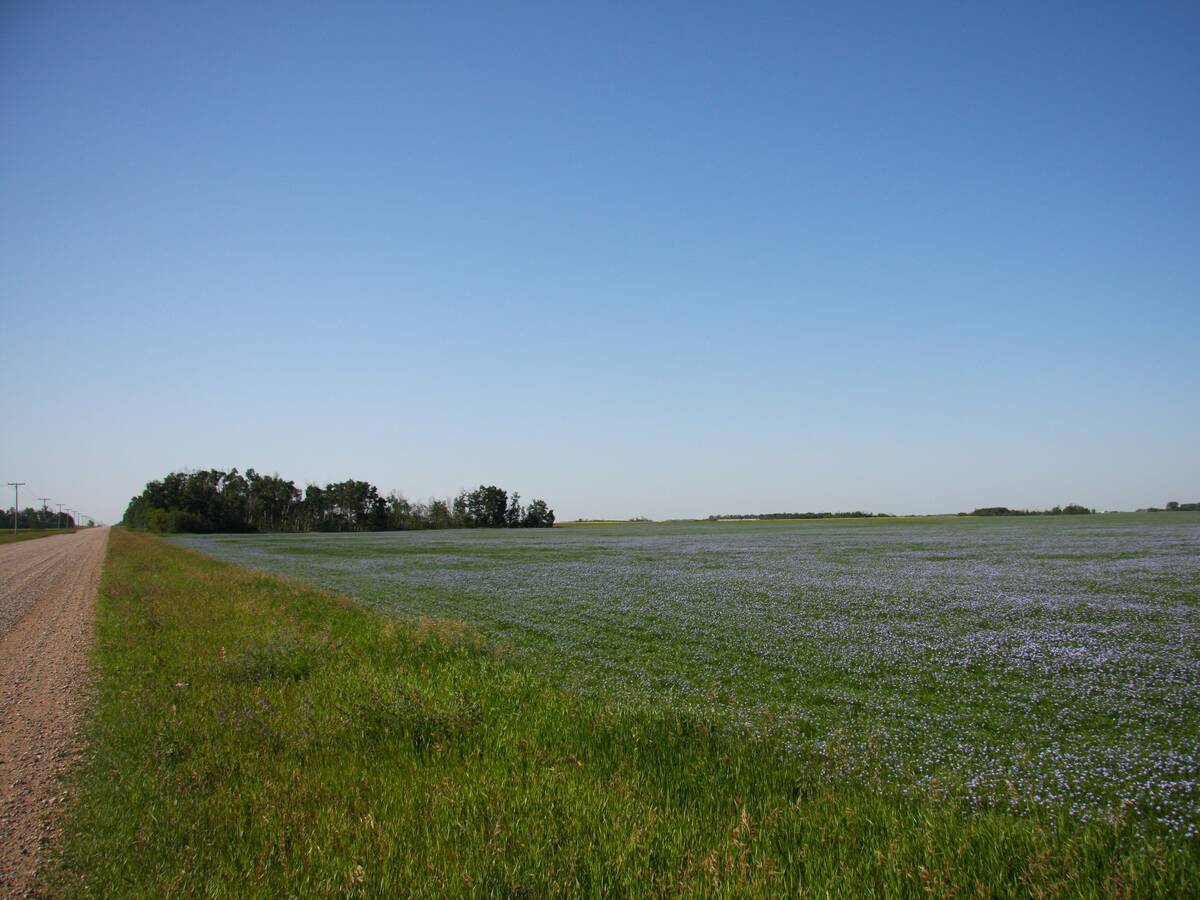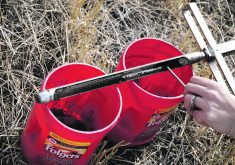Program to teach electronics, mechanics, controls and automation to build the skills that are needed on modern farms
Heavy-duty mechanics and agronomy have consistently been seen as first choices by many farm kids pursuing post-secondary education at a college or university.
And it makes sense. Both are important skills that can improve a farm’s operations and provide an option for off-farm employment. But as technology has advanced, there’s now another option that can match the usefulness of those other two: mechatronics engineering technology.
It’s a blending of mechanical skills with some of the latest digital and electronics technology, says Kevin Rogers, academic chair of manufacturing and agricultural processing at Assiniboine Community College (ACC) in Brandon.
Read Also

Farmland advisory committee created in Saskatchewan
The Saskatchewan government has created the Farm Land Ownership Advisory Committee to address farmer concerns and gain feedback about the issues.
“Mechatronics on its own at the highest level is a mixture of electronics, mechanics, controls and automation.”
The college announced in May that its first mechatronics engineering technology program will begin in the fall of 2025. Although other colleges and universities offer similar programs, ACC’s will be a little different, focusing mainly on applying those skills in agriculture.
“We’re going to keep it broad enough that it’s useful in a lot of different ways,” says Rogers.
“And we’re going to tend go more, and the examples we’re going to give are going to be more in the agricultural area. But that’s broadly applicable to manufacturing, processing, building automation.”
Rogers cites several examples of how using mechatronics and thinking outside the box can help change farming operations. He says he recently met a high school student who put a transmitter on problem cattle that kept wandering away from their pasture. She was able to send up a drone to track and locate them, helping the family bring them home and saving a lot of wasted time searching.
It’s now possible to use technology in that kind of creative way because the components necessary to create many different systems are now commonly available and affordable. Their use could save farmers big time in many ways. The college has, itself, turned to mechatronics to automate and streamline some of its research.
“To help us out with one of our horticultural professors, we bought some soil moisture meters for three bucks apiece,” he says.
“You can easily put that into a field in certain spots with a battery to let you know what the moisture is, so you can plan better if you are spending a lot of money irrigating fields.”
Those are the kinds of innovative thinking he hopes the mechatronics program will inspire in a new generation of farmers, bringing an individualized application of advanced technology and automation to the farm that wasn’t possible just a couple of decades ago.
“This allows people to be creative, figure out how things work and make things better. That’s what I think the big part of the mechatronics program is, to make life better for people.
“I think it’s less of a profession and more of a way of thinking. It’s people thinking,’ I’ve done this the same way for 20 or 30 years; I can automate that.’ It’s using automation and robots for what they’re good at and freeing people up to use their innate skills for what they’re good at.”
The program will provide a broad foundation of knowledge over the course of the three years.
“The first year is foundational, so you get physics, math, how to draw, how to communicate and work in teams,” he says.
“Going into the second year you’ll do a lot of electronics and a bit on the mechanics side. We’re going to tend to use more 3D printers. Then we’ll get more into the mechatronics and robotics.”
















